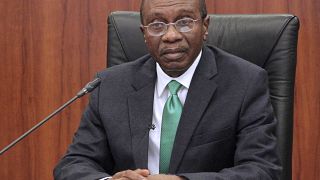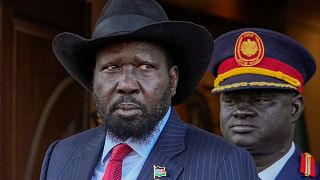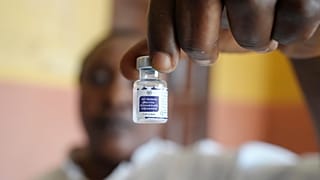Ghana
Ghana's central bank on Monday raised its benchmark lending rate by another 50 basis points to 30%. The move to raise the cost of borrowing took financial markets by surprise.
Accra is working to to stop its worst economic crisis in years, characterised by double-digit inflation, a weak Cedi and growing public debt. Annual inflation accelerated to 42.5% in May and June after slowing from 54% last December.
The central bank has been raising rates since late 2021, with only a few pauses inbetween the hiking cycle.
Ghana defaulted on most of its debt repayments last year and sought relief from its lenders. In May this year, the cocoa and oil producer sealed a $3 billion bailout loan from the International Monetary Fund.
Under the IMF deal, the country must implement strict spending cuts, end subisidies and increase tax collection.
The raising of the key interest rate is likely to add further strain to households and businesses grappling with the high cost of living and weigh on economic growth.











00:56
IMF says Senegalese government retains sovereign right to manage its debt
Go to video
IMF mission to Senegal ends without new lending programme but talks are ongoing
00:54
Kenya, IMF continue talks for new bailout deal
00:56
Ethiopia shifts from commercial to concessional loans on foreign debts
Go to video
IMF warns of rising debt risks in Sub-Saharan Africa
00:59
World Bank upgrades Sub-Saharan Africa growth forecast over inflation drop